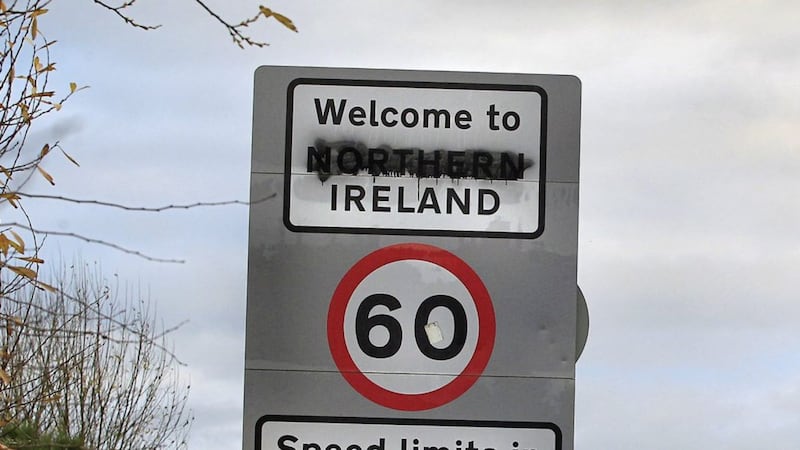A united Ireland is affordable and all the people, nationalist, unionist and neither, will be better off.
That is the main conclusion of a Sinn Féin discussion document, ‘Economic Benefits of a United Ireland’, which the party launched just over a week ago.
The paper argues that a united Ireland would allow for more coordinated and strategic economic development across the island and especially within the border region, attracting more investment, improved productivity, and with it enhanced essential infrastructure. In turn, this offers significant economic benefits across Ireland by way of public revenue returns, overall increases in output, and boosts in higher-skilled employment.
The document arrives at its prosperity conclusion by providing an economic analysis of the impact of partition, set in a national democratic framework, but with a special focus on the north and the border areas.
It specifically examines the economy of the border region, which comprises some 17 counties, which have been largely ignored by successive governments in Dublin and Belfast since partition.
This huge region and its people are peripheral to the Dublin and Belfast based economies – leading Best and Bradley in their 2011 study of the border economy to describe it as a ‘by-passed place’. The economic consequences for ‘border people’ are the economies are largely confined to the urban east at the expense of the rural west.
The ‘subvention’ from Britain is the difference between the revenue raised and the money spent in the north. There has been much debate over its size – a debate Pearse Doherty TD, Sinn Féin’s finance spokesperson describes as a ‘conversation stopper’.
The document unpacks the subvention figure and presents a detailed breakdown of it which exposes the myth that the subvention is £9-10bn annually.
It is much less. The reduction arises because the people of the north are paying towards Britain’s military and defence budget; servicing its national debt and overseas spending and the pensions bill.
The ultimate subvention figure will be determined by the outcome of the united Ireland negotiations; it is likely to range between £2.5bn to £6bn – with the final figure closer to the lower end of the scale.
The internationally acclaimed Irish economist, David McWilliams in his book ‘Renaissance Nation’ said the combined Gross Domestic Product of the southern and northern economies in a united Ireland, some 350 billion Euros, could absorb the north’s subvention, “even before the commercial dynamism of unification kicks in”.
The document highlights the growing strength of the all-Ireland economy for small businesses. It is worth over 7 billion Euros; more businesses trade from north to south than from the north to Britain and more businesses in the north are trading with other countries than with Britain, to the tune of £11.2bn, compared to £10.6bn with Britain.
It assesses the economic impact of Brexit – like partition imposed on Ireland - and the threat it represents to Ireland’s two economies, and in particular the loss of EU membership to the north, with all the economic uncertainty that heralds. The document is ‘front-loaded’ with a benefits argument which addresses the economic dividend which can begin now for both economies, north and south, and continue seamlessly through the political transition to independence.
There are specific economic measures that each government needs to take to improve the performance of the economy in their respective jurisdictions and joint initiatives which will improve the overall performance of both economies nationally.
In particular in the north the document argues for the transfer of full economic powers from Westminster to the executive.
Among the largest untapped avenues for growth potential in a national economy is the green economy.
To meet its climate obligations a green economy would need a vast array of high-skilled green collar jobs, in construction, public transport, retrofitting and research and development, to name but a few sectors.
In the event of reunification the EU stated that Ireland, as one state, would automatically re-enter the EU.
In those circumstances Ireland could economically benefit from the EU, similar to the assistance given by it to the process of reunifying Germany, which amounted to almost 18 billion euros.
Partition has failed. The weakness of the northern economy is evidence of this. Brexit and Covid-19 have also highlighted the advantages of an all-Ireland approach.
As the political debate about Ireland’s future continues apace this document will help open up the economic debate – hopefully with the same fervour.








